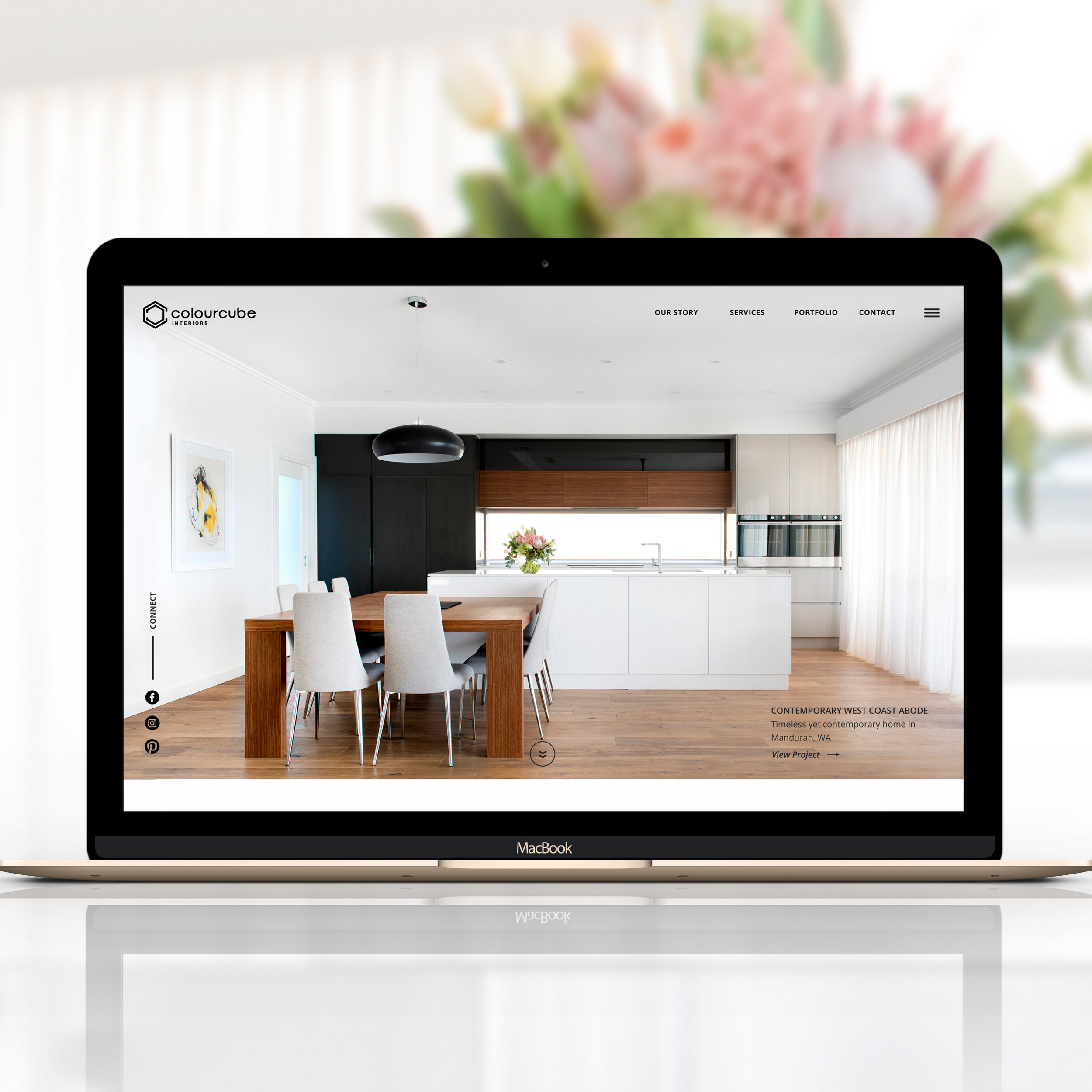Event Marketing For Local Businesses
An event can be an effective marketing tool to promote an small business. Unlike your social media, an event gives you an excellent opportunity to connect face-to-face with customers and prospective clients.
When it comes to organise an event there are three questions that commonly pop in any business owner's mind:
- "What sort of event could I have?"
- "Who is going to come to my party"
- "How much is going to cost me?"
In today's post I'm trying to answer those three questions as well as providing some guidance on how to use event marketing to promote your business.
Defining your event
Before organising an event, business owners must ask themselves five simple questions: what (format), when (date), where (venue), who (audience) and why (purpose).
The opening of a new store, the launch of a new product, your business anniversary o any other special date in the calendar (like Christmas, Chinese New Year, etc) can be excellent reasons to host an after-work cocktail party, if your store has a good capacity for it.
If there is no special reason other than showcasing your business to the public, an open house day will be the a good option too.
Before setting the date for your event, check a what's on calendar to find any other industry events or popular events of general interest that could clash with your event. Avoid public holidays, long weekends or school holiday periods.
Targeting your event
Targeting means deciding who and how many people will be appropriated to invite to your event, as well as identifying the best ways to do it. The length of your invitation list will depend on your budget and room capacity, and who to invite will depend on your event objectives.
- Clients and suppliers - your event is an excellent opportunity to thank your existing clients and suppliers for their support. The best way to invite this target group is by electronic invitation (by email). Keeping a database of clients and contact details is an essential tool for many marketing purposes, including events.
- Local community - if you’re opening a new business or a new store to offer services or sell goods to your local community, it's a good idea to organise a small event to introduce yourself and showcase your business to your community. To invite this group you can advertise your event in local newspapers, send invitations by post and promote your event on your own store.
- Media and bloggers – industry bloggers could be also interested in attending your event. If they find it interesting, they will write about it after the event, giving a good promotion to your business.
- Potential clients or prospects - an event is also an opportunity to bring new costumers to your shop and showcase your business. However, reaching people who are not clients or part of your community can be difficult.
Although many large events use social media and advertising to promote themselves, a small business usually doesn't have a big capacity and budget to host a big event. Open invitations can also have the risk of losing control on your target list. More effective ideas to reach potential clients are:
- Through clients and suppliers, as they can help you to promote your event by word of mouth. Allow your invited clients to bring a guest or forward the invitation to a work college. To not lose control on your list you will have to set an online registration form for acceptances, or ask anyone accepting your invitation to confirm the name of their guest by email.
- By partnering with a local business to co-host the event, so that they also invite their existing client base. For example, if you have a sport-clothing store, you might want to partner with local gyms so that they invite their members to your event.
Budgeting YOUR event
even though you may hear that sponsorships or ticket selling are usually a good source to finance many events, I personally can't see this as an option to pay for a promotional small business event. The cost of your event may have to come entirely from your marketing budget unless you find a co-host who is willing to share expenses.
Having a structured budget can help you to decide what you can afford, track your expenses and ensure that you stick to your budget and don't overspend.
Here you can download an event budgeting template to help you manage your event budget.
managing your event
I managed hundreds of events over the time that I spent working in the corporate world. Whether those events were seminars, cocktail parties, conferences or workshops, I always used the same event template (you can download this template in .pdf in the link below)
An event plan has five different parts:
- Event pre-planning (setting budget, objectives, date and time, and deciding on venue, speaker or special guests)
- Event communications plan (creating invitation list, save-the-dates, invitations, reminders, online registrations and thank you emails)
- Event marketing and promotion plan (if you don't have an invitation list you may want to advertise your event through social media, blogs, press releases, advertising, mailing and other channels)
- Event logistics (catering, entertainment, audiovisual equipment, name tags, gift bags, staff, etc)
- Post-event evaluation (collecting feedbacks, getting attendance numbers and debriefing co-hosts)
Sources: Small Business Trends, 42 Tips For Producing A Memorable Small Business Event, by Jamillah Warner
















